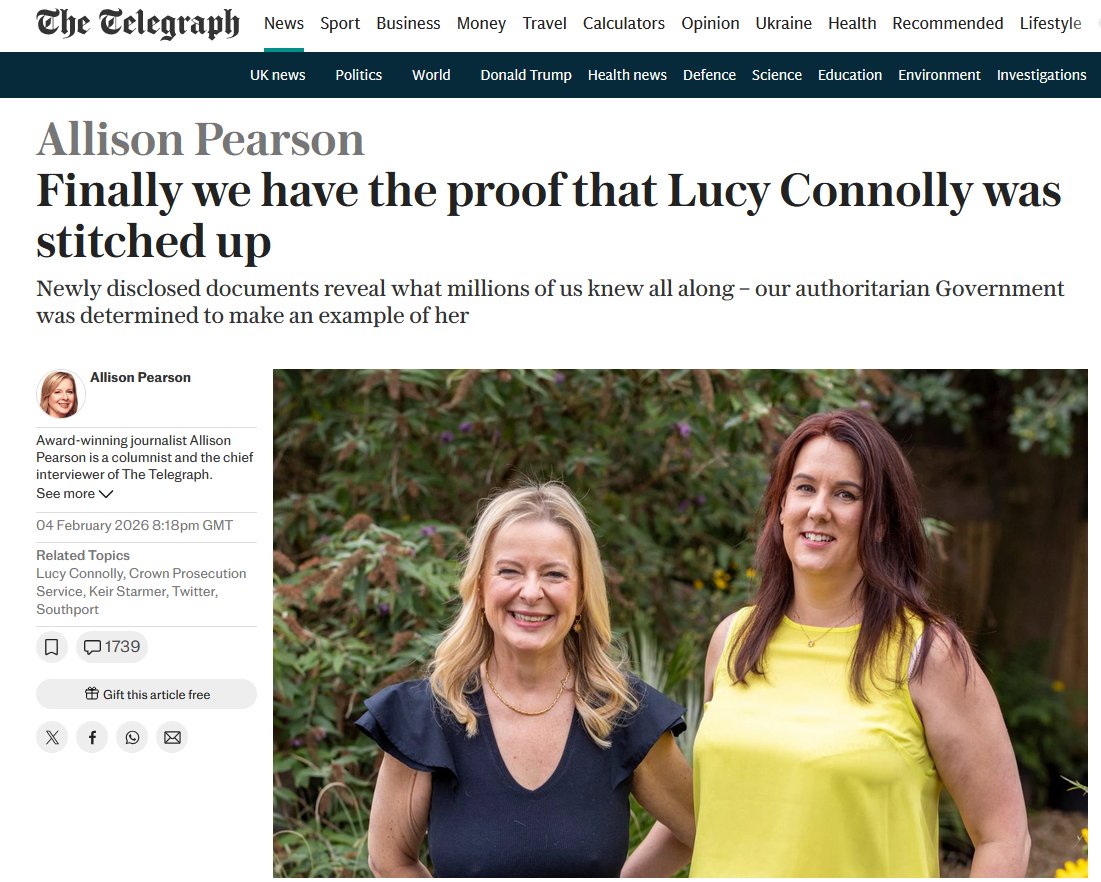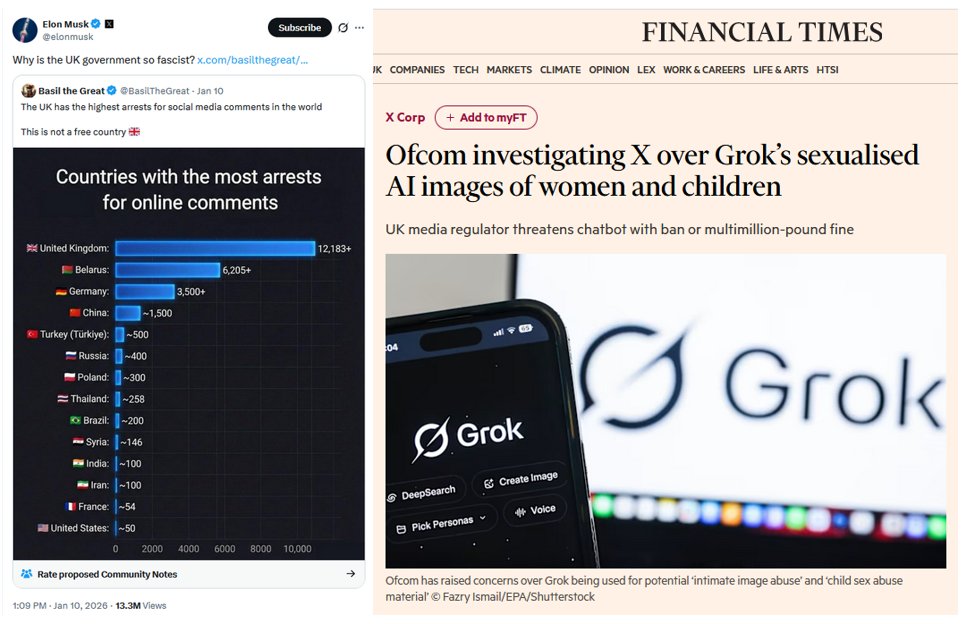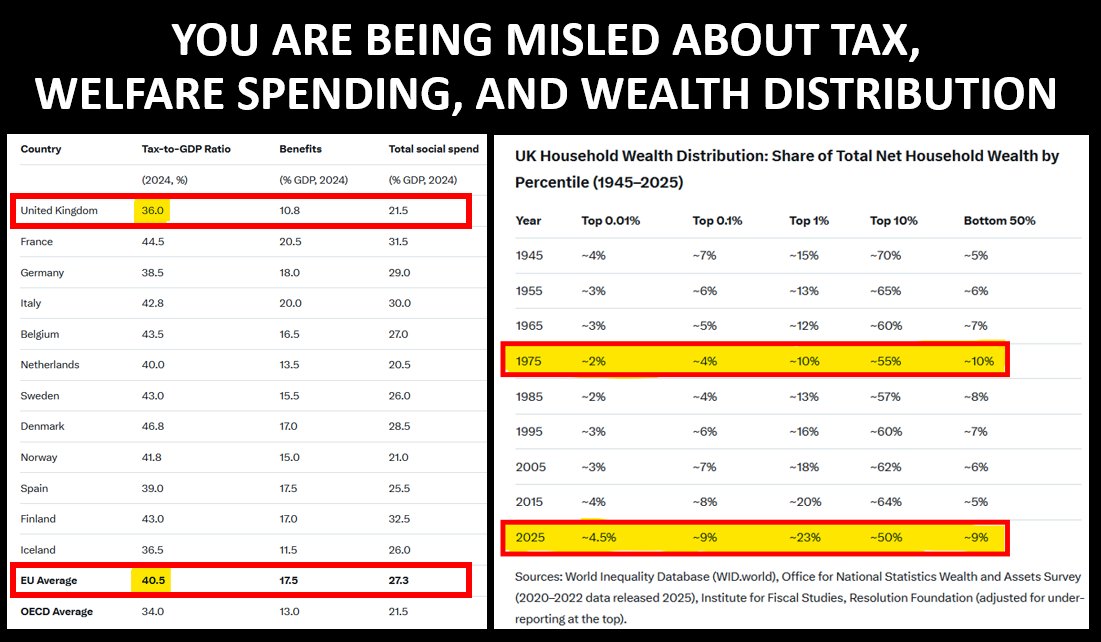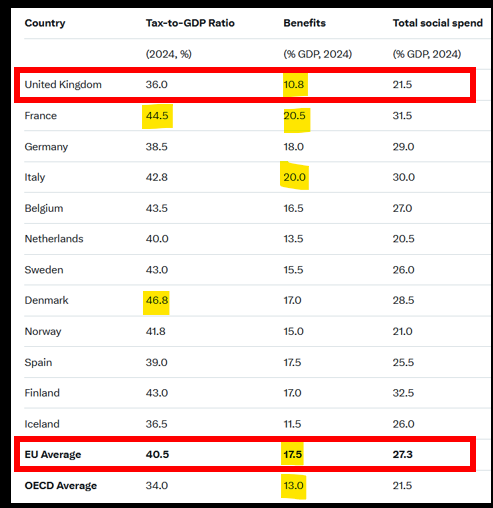#THREAD
"We will continue to provide safe & legal routes for people to come to this country who are seeking persecution" - Tory MP Tom Pursglove on #BBC2.
Brextremist Pursglove has been MP for Corby since 2015, & at the time of his election, he was the youngest Conservative MP.
"We will continue to provide safe & legal routes for people to come to this country who are seeking persecution" - Tory MP Tom Pursglove on #BBC2.
Brextremist Pursglove has been MP for Corby since 2015, & at the time of his election, he was the youngest Conservative MP.

Pursglove was one of the founders of 'Grassroots Out', an organisation which advocated Brexit, led by politicians from a range of political parties, including fellow Conservative MP Peter Bone & Labour MP Kate Hoey. 

In February 2016 it was announced that Pursglove & fellow Tory MP Peter Bone would speak at the UKIP Spring Conference.
While rare for members of rival parties to appear at such events, they argued any role they had there would be as representatives of the Grassroots Out group.
While rare for members of rival parties to appear at such events, they argued any role they had there would be as representatives of the Grassroots Out group.

In April 2016, Pursglove was criticised for taking payments of £21,750 from the Grassroots Out campaign, of which he was chief executive, which some fellow campaigners argued should have been donated to further campaigning. 

He argued his work would "keep costs to a minimum, allowing us to spend the maximum amount on campaigning", rather than hiring outside expertise.
In May 2016, he said given the choice he'd prefer to see Brexit than the @Conservatives secure another majority at the next election.
In May 2016, he said given the choice he'd prefer to see Brexit than the @Conservatives secure another majority at the next election.
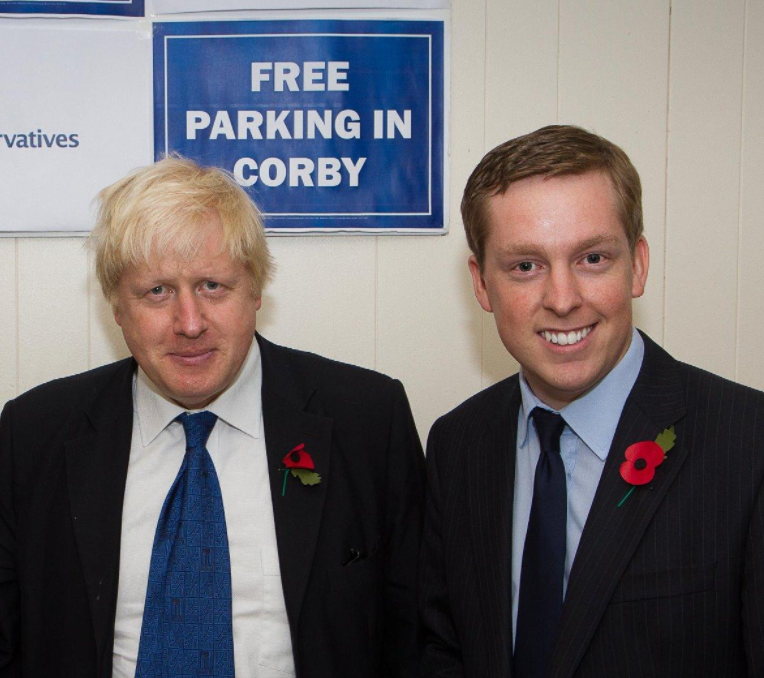
Pursglove has advocated abolishing the Department of Energy & Climate Change, expressed scepticism about human influence on climate change, voted to reduce regulation on fracking, & was criticised by environmentalists for his constituency party taking donations from energy firms. 

Pursglove has questioned public spending on reducing carbon emissions in the UK, & between 2013 & 2016, he was director, with Chris Heaton-Harris, of Together Against Wind, a lobbying company that helped move Govt policy against favouring the installation of onshore wind power. 

Pursglove received donations with a value of £15,000 from Offshore Group Newcastle, which makes platforms for oil, gas & wind energy companies.
He also received a donation (value of £6,666) from Alexander Temerko, a Russian businessman with interests in oil, gas & wind energy.
He also received a donation (value of £6,666) from Alexander Temerko, a Russian businessman with interests in oil, gas & wind energy.

Russian former arms tycoon Alexander Temerko, who has spoken warmly about his “friend” Boris Johnson, has given over £1.2 million to the Tories over the past nine years & reportedly admitted being involved in a Eurosceptic plot to oust May as Tory leader.
opendemocracy.net/en/dark-money-…
opendemocracy.net/en/dark-money-…
In July 2019, Temerko was quoted by Reuters as applauding Brexit, endorsing Boris Johnson's bid to lead Britain out of the EU, lauding senior Russian security officials & proudly recalling his past work with the Yeltsin-era Russian Defence Ministry. 😬
reuters.com/investigates/s…
reuters.com/investigates/s…
• • •
Missing some Tweet in this thread? You can try to
force a refresh


